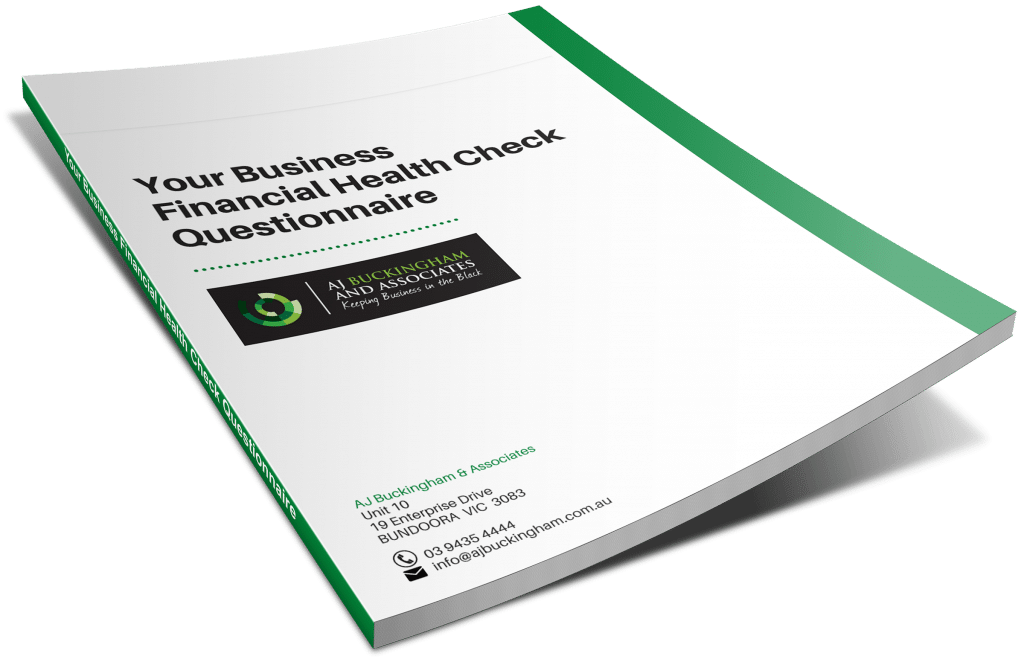Many business owners commence operation as sole traders because it’s the easiest and cheapest way to get your business started. However, as your business grows, you take on several employees and you win bigger contracts, it might be time to review your business structure and possibly turn your business into a company.

This is a significant decision and certainly something you would need to discuss with us because incorporating your business attracts more regulations and higher costs. Of course, a company is not the only option and a structure like a trust or partnership may be more appropriate for your business circumstances.
Here are a few potential benefits of turning your business into a company:
· Asset Protection
One of the most obvious benefits of incorporation is the protection of your personal assets. As a sole trader or a partnership your personal belongings and private assets are on the line if you were to get into financial difficulty. By contrast, with a limited liability company that gets into debt and cannot pay, that debt remains the responsibility of the company. There are several exceptions to this rule including Australian Taxation Office debts but a lot of people incorporate for asset protection reasons. Of course this does not mean company directors can wreak havoc and rack up debts all over town because as a company director you can still be held accountable for breaches of the law.
In fact, the Australian Securities and Investments Commission says directors are required to be honest and careful in their dealings at all times and must make sure their company can pay their debts on time and keep proper financial records. Note that unless your company has its own assets or a strong track record, you as a director might have to guarantee its debts anyway which means you’ll still be personally liable.
· Tax
Many people are attracted to the flat 28.5% company tax rate (from 1st July 2015) and assume they’ll be better off. However, there is no tax free threshold for companies, so your business would have to be profitable enough to take advantage of the lower rate. Remember, the highest rate in 2015/16 for an individual is 45% (plus 2% Medicare Levy). This is an area we can advise you on and the advantage of the lower company tax is that you can retain 71.5% of your after-tax profits to reinvest in your business or help with your cash flow.
From an administrative perspective you will need to pay yourself a wage from the company and before you convert to a company structure you need to understand the capital gains tax implications. For example, companies pay full capital gains when they sell an asset, however, individuals receive a 50% discount if they’ve owned it for more than a year. The good news is there are generous concessions for small companies, which in some circumstances can amount to a 75% tax discount for the sale of a business. As with income tax, you should explore this thoroughly before making any decision and quite often your choice of business structure will be a compromise based on the relative importance of issues like asset protection, tax savings, capital gains tax implications and the potential admission of new investors.
· Ownership And Selling
A proprietary limited company is the most common type of company used by small business. It differs from a public company in that it can’t list on the stock exchange or raise money from the public and can’t have more than 50 owners who don’t work for the company. It does, however, have options for raising funds that aren’t so easily available to sole traders. For example, they can sell shares to existing shareholders or employees of the company.
Compared with other business structures, the transfer of company ownership can be relatively simple. Also, a company is a legal entity in its own right, so it does not have to be wound up in the event of the death, disability or retirement of any on the persons involved.
If you think it’s time for a review of your business structure, talk to us today.

